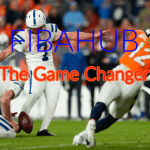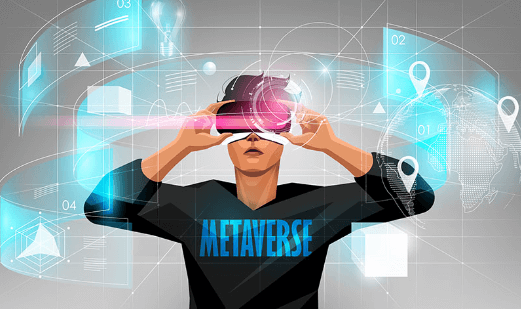Table of Contents
Consumers are looking for more from the brands they choose to purchase. They want complete experiences that go beyond simply receiving a product. This is where the metaverse comes in.
The metaverse is a virtual world that allows brands to create unique and immersive experiences for their customers and, as mentioned by Ideal Insight, the impact of the metaverse and other technologies is not only stretching out the film community but also the gaming community too.Such advanced technology can have huge impact on consumer behavioural changes in demand. Here are some ways now how organisations can utilise the metaverse to only improve profitability, but also react to meeting consumers’ changing needs.
A New Approach to Conversational Marketing
The metaverse allows businesses to have two-way conversations with their customers. This technique involves using artificial intelligence (AI) and chatbots to communicate naturally and engagingly with consumers.

The goal is to create a more humanised interaction that feels more like a conversation than a sales pitch. This approach has the potential to improve customer satisfaction and loyalty dramatically.
The metaverse is also leading the charge in conversational marketing. Their platform allows businesses to create virtual environments where they can interact with customers in real-time.
This immersive experience has the potential to revolutionise the way businesses interact with their customers and impact consumer behaviour and demand regarding the products and services they purchase.
The Metaverse Provides Greater Customer Insights
The metaverse is constantly collecting data that helps companies understand their customers better. This data helps businesses improve their marketing strategies, product offerings, and overall customer experience. This leads to more satisfied customers and increased demand for products and services.
Retailing in the Metaverse
In recent years, there has been a growing trend of retailers setting up shop in the metaverse. However, more businesses are seeing the potential of the metaverse as a platform for marketing and selling their products.
As dated in October 2021, the value of the metaverse was at $14.8 trillion globally, which is an impressive figure, given how it was still in its infancy at the time. Rich data from the metaverse enables people to own all of their first-party data, which enables personalised marketing to come to fruition.

Consequently, many brands are joining on the metaverse train, such as Ikea with their Place app, which will show users an augmented reality image of what furniture will look like in consumers’ ho
Both L’Oreal and Avon are allowing you to try makeup virtually, and Bolle will allow people to wear sunglasses so that consumers can see what they would like on their faces.
Conclusion
New technological trends, such as the metaverse, have the potential to revolutionise the way businesses interact with their customers. The metaverse gives firms an immersive experience to gather greater insights into their customers’ behaviour.
Companies should be aware of the potential impact of the metaverse on consumer behavior and demand. Those who can utilise the metaverse effectively will be able to improve customer satisfaction and loyalty, as well as increase demand for their products and services.















